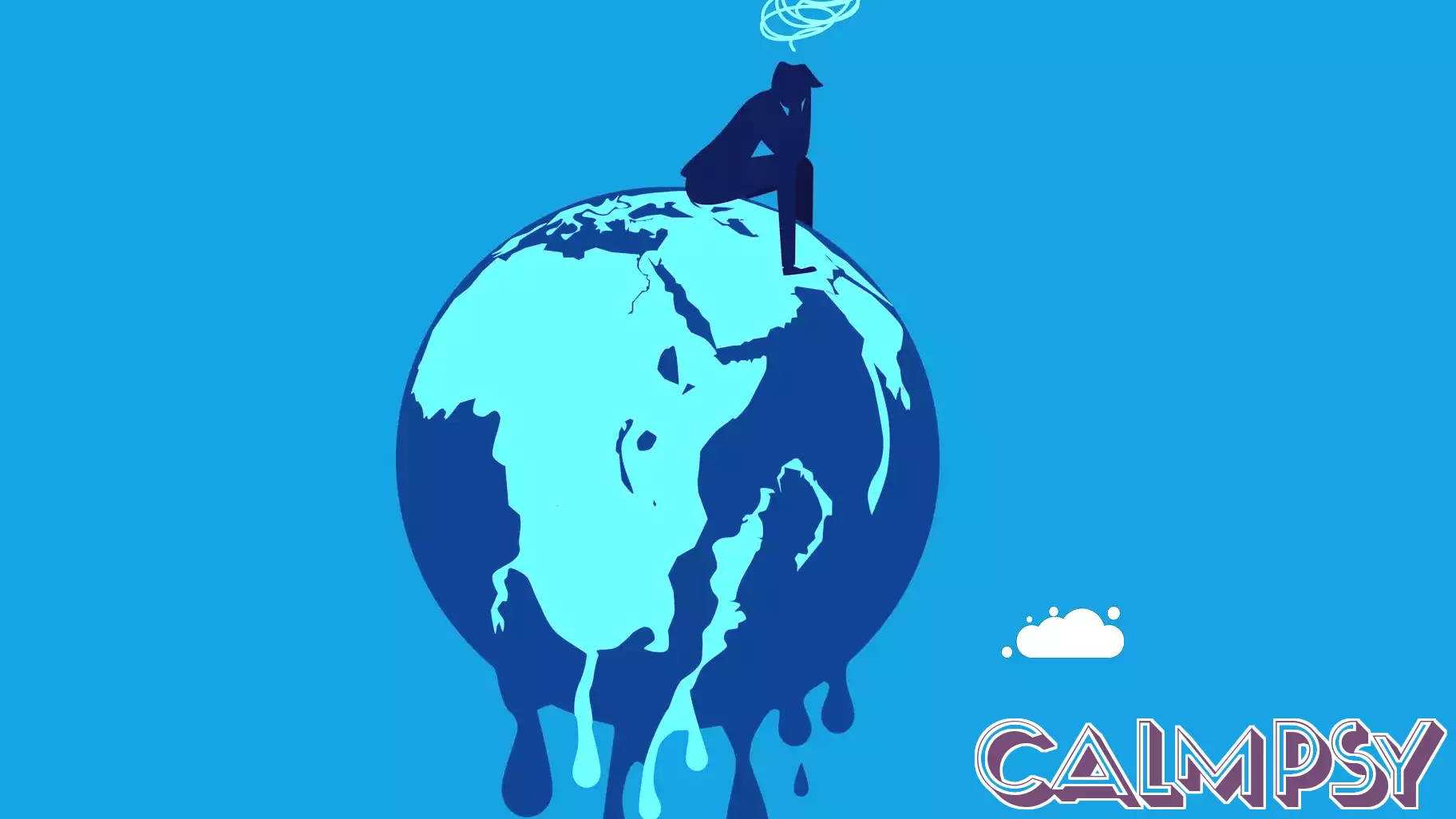Understanding the Climate Crisis as a Collective Trauma
January 6, 2025 - 20:08

As the climate crisis continues to escalate, many experts argue that it should be viewed as a form of collective trauma affecting communities worldwide. The profound sense of anger, anxiety, and anguish that individuals experience in response to environmental degradation is not merely a personal reaction; it reflects a broader psychological impact on society.
This collective trauma stems from the overwhelming sense of loss—loss of natural habitats, biodiversity, and even the stability of weather patterns that have governed human life for centuries. The unpredictability of climate-related events, such as wildfires, floods, and hurricanes, exacerbates feelings of helplessness and despair. Furthermore, the knowledge that future generations may inherit a deteriorating planet adds to the emotional burden.
Mental health professionals emphasize the importance of acknowledging these feelings as valid reactions to a crisis that threatens not only the environment but also human existence. By fostering open discussions about these emotions, communities can begin to heal and mobilize for collective action, turning anguish into advocacy for a sustainable future.
MORE NEWS

February 21, 2026 - 04:49
New Theory of Learning Upends the Lessons of Pavlov’s DogA groundbreaking new theory is poised to rewrite a fundamental chapter in psychology, directly challenging the legacy of Pavlov`s famous dogs. For over a century, the principle of...

February 20, 2026 - 03:37
Psychology says people who pick up litter even when no one is watching usually display these 7 traits that are becoming increasingly rareIn a world where actions are often performed for social validation, a simple, unobserved act—picking up a stray piece of litter—can speak volumes about a person`s character. Psychologists note...

February 19, 2026 - 09:31
Psychology says the reason you feel exhausted after doing nothing all day isn't laziness — it's that unresolved decisions drain more energy than physical effort ever couldIf you`ve ever collapsed on the sofa after a seemingly lazy day, bewildered by your own fatigue, psychology points to a clear culprit: your unmade decisions. The mental load of unresolved choices�...

February 18, 2026 - 23:26
Meredith Professor Elected as President-Elect of the Society of Occupational Health PsychologyDr. Leanne E. Atwater, the program director for the Master of Arts in Industrial-Organizational Psychology program at Meredith College, has been elected as the President-Elect of the Society of...